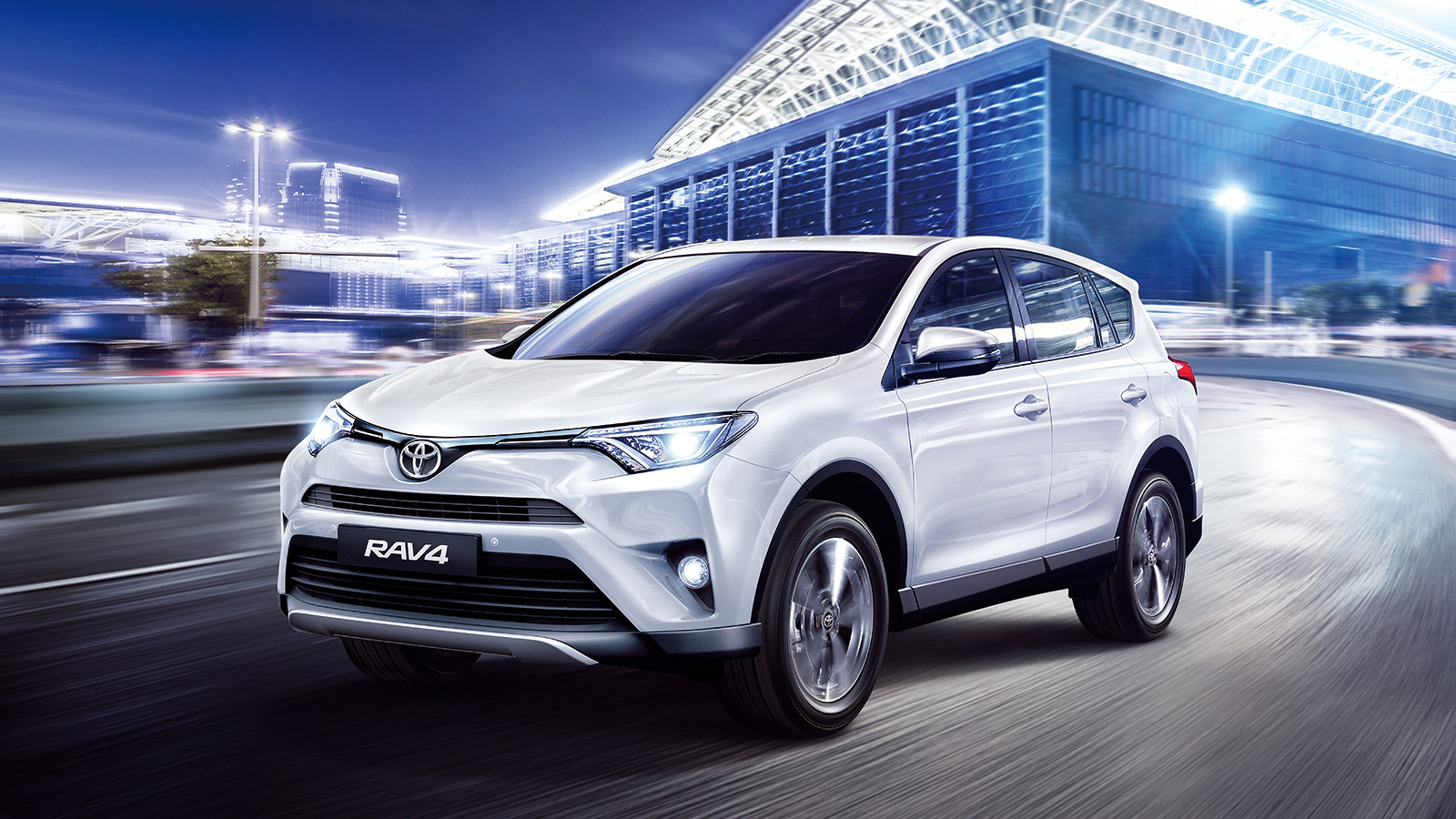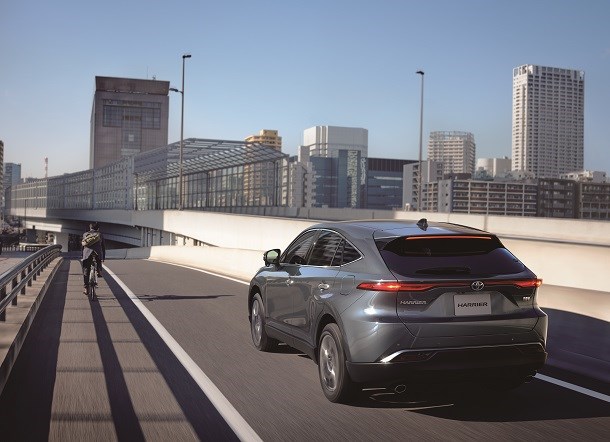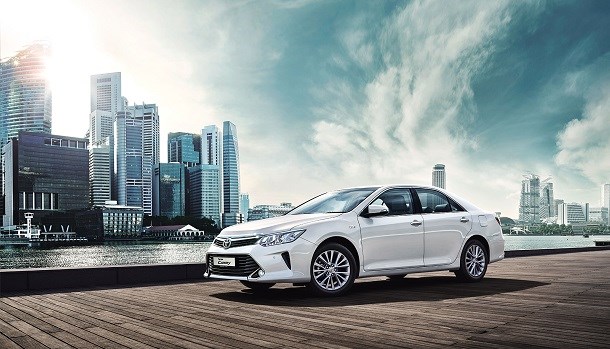4 Reasons Why a Toyota Hybrid Car is Better Than an Electric or Petrol Car
Thinking of switching to a more efficient car due to rising fuel prices? Here are 4 reasons why a Toyota hybrid car is a better choice than an electric or petrol car
Crude oil and petrol prices have been seen soaring in recent months due to supply constraints in view of global developments. As a result, many are now considering more fuel-efficient new car models that can help them save on their fuel bills.
For those who are thinking of making the switch, there are now a variety of choices in the market, such as hybrid cars and battery electric vehicles (BEVs). They offer significantly greater efficiency than a regular petrol car, while providing a more sustainable solution for the future generation. However, for motorists who want something that truly combines the best mix of efficiency, savings and convenience, here’s why a Toyota hybrid car is the best choice right now.
1. Enjoy the benefits of an electrified car without changing your lifestyle
While BEVs do have lower running costs than hybrid cars as they do not need fuel at all, they do come with certain drawbacks. For one, they need to be plugged into a public or home charging station to have their batteries topped up.
A typical BEV would take around 40 minutes to recharge its batteries if using a DC fast charger, to several hours if using a regular AC charger. And while the charging network here has been steadily expanding, charging station availability remains limited in Singapore. Also, a change in lifestyle habits is required for drivers as they now have more considerations to factor in when owning BEVs such as allocating extra time to charge the car where charging status needs to be monitored to unplug when done.
Whereas, with a Toyota hybrid car, you do not need to plug in and charge the battery. The system toggles between Auto EV and HEV mode automatically and seamlessly, allowing you to enjoy the drive of an electric car while saving you the hassle of finding and using charging stations. This convenience is the simplest way to get carbon neutrality and not disrupt your everyday routine.
2. The Best Hybrid System
There are various types of hybrid cars available, such as mild hybrids, plug-in hybrids, and full hybrids. They all function differently and offer varying levels of efficiency and convenience.
Mild hybrids contain a small electrical generator that’s powered by a battery, and usually run on either a 12-volt or 48-volt electrical system. The system is not powerful enough to drive the car on its own, but is usually used to assist with running various electrical functions in the car, such as the engine start-stop feature. As such, while it does contribute slightly towards improved efficiency, the car is still mainly driven by the ICE drivetrain, unlike a full hybrid which can drive solely on electric power alone in EV mode.
A plug-in hybrid meanwhile consists of a larger electrical motor matched with an ICE drivetrain, allowing one to drive a significant distance on electric power alone. However, a plug-in hybrid needs its battery to be charged regularly, like a BEV. Hence, it does not offer the same convenience as a full hybrid.
Toyota hybrid cars are full hybrids, which means the car drive with zero emissions in EV mode without the need to plug in and charge its batteries. The hybrid system is able to work seamlessly with the engine and draws more power when necessary. In Toyota’s hybrid system, the batteries are recharged via regenerative braking, which captures energy usually lost in the braking process, and redirected to the battery to be stored and used if required. That makes it the best solution for those looking for a hybrid car that can fit seamlessly into their lifestyles while delivering greater efficiency.
3. Lower Fuel Consumption than a Traditional Car
One of the main benefits of a hybrid car is that you get better fuel consumption due to the fact that Toyota’s car engine and hybrid system work efficiently to provide benefits such as silent cruising at low-speed, similar to that of electric cars, on top of exceptional fuel economy.
As an example, the Toyota RAV4 Hybrid offers a fuel consumption figure of 21.2km/L, a figure which is almost 50 percent better than a similarly-sized petrol-powered European brand SUV which has a fuel consumption figure of 14.5km/L. Amidst rising fuel prices, such efficiency will go a long way towards helping motorists reduce their fuel expenses significantly.
4. Better Resale Value
Given that EVs are still in their relative infancy in Singapore, the resale value of EVs here are still very much of an unknown proposition, and there is no proven track record as yet of how much EVs can hold their value over time. In addition, there is also not much information about the long term degradation of EV batteries in Singapore’s driving conditions after an extended period of ownership, as the majority of EVs here are currently less than a couple of years old.
In contrast, Toyota hybrid models, by nature of their longevity and ubiquity, offer much greater certainty over their resale value and long term reliability here. Toyota has been selling hybrid vehicles in Singapore for over two decades, and Toyota hybrid models are now a familiar presence on our roads. Having sold thousands of hybrid cars in Singapore, Toyota is the undisputed leader in hybrid technology, and their track record in the market has been very much proven over the years.
Toyota offers the widest range of hybrid cars for sale in Singapore, and with the savings and convenience that it brings, it makes the most sense to go for a Toyota hybrid car if you want to start saving fuel today, without having to make big changes to your lifestyle or driving habits. To find out more, head over to the Toyota hybrid page here.








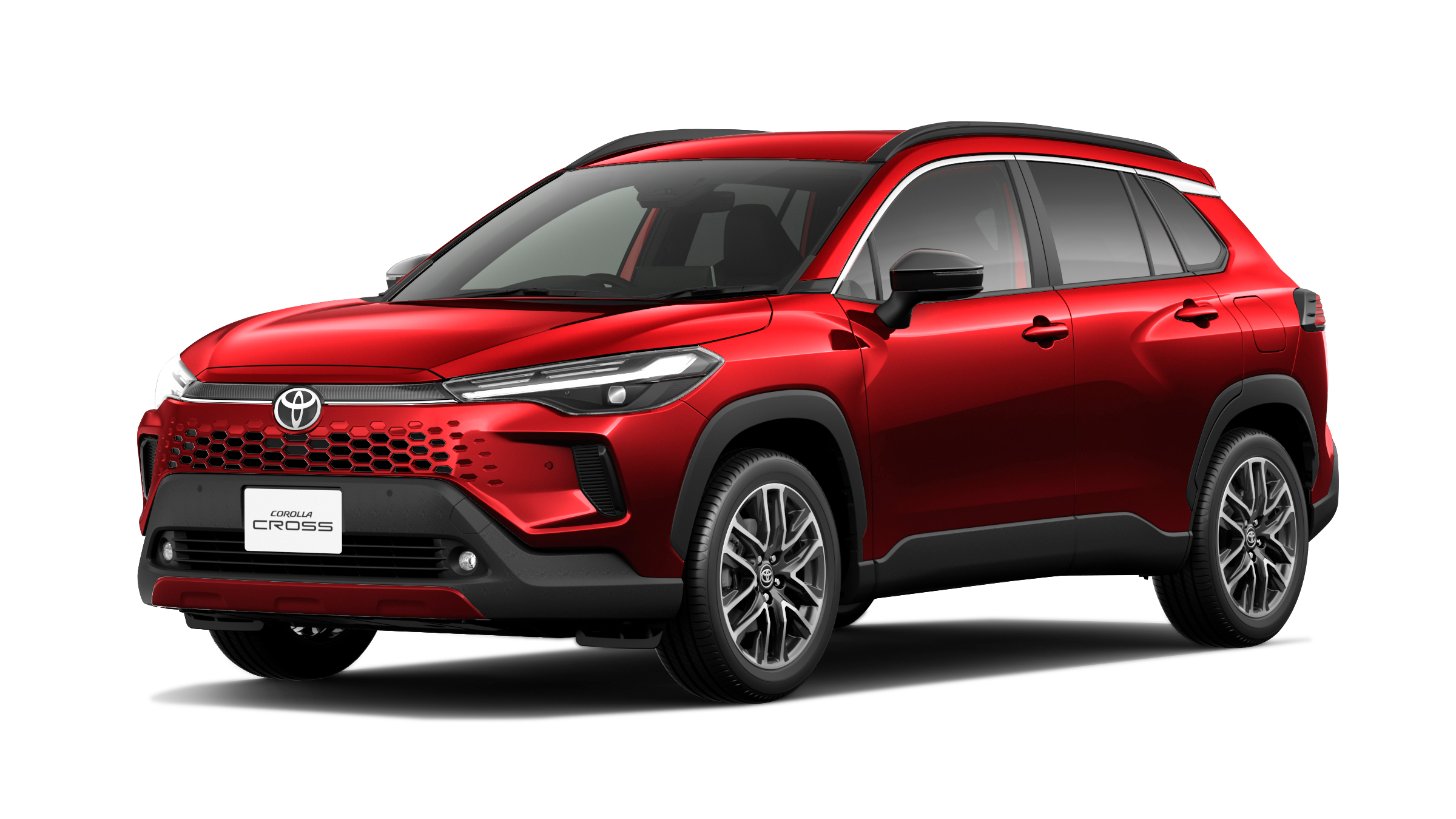
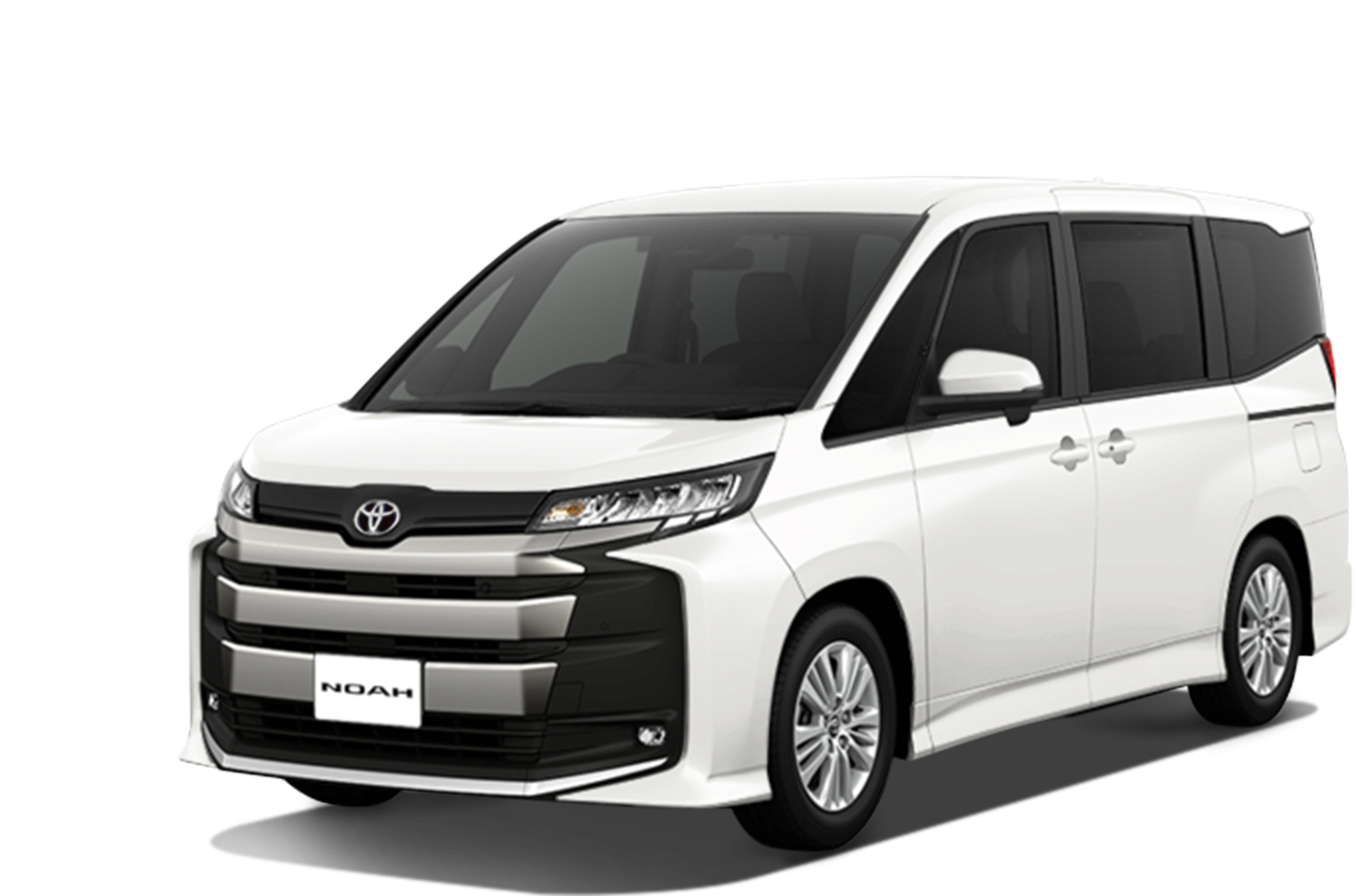






























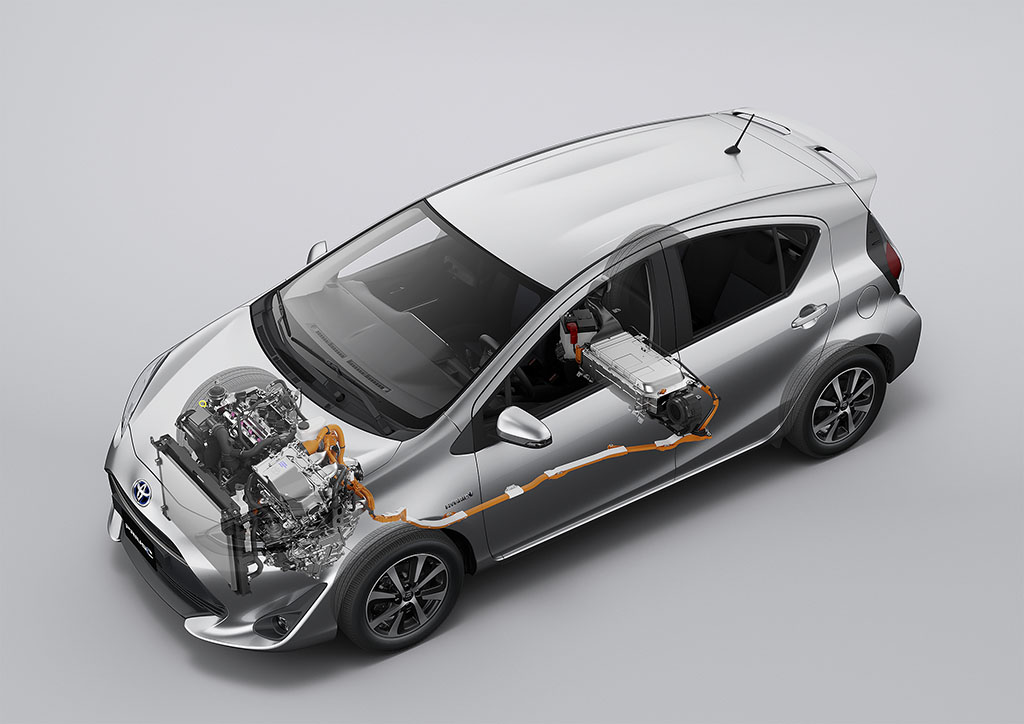
 Book a Test Drive for Hybrid Cars
Book a Test Drive for Hybrid Cars